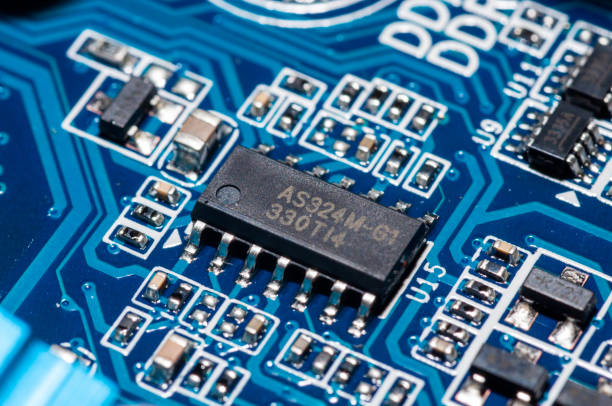The Importance of Electricians in Industries
To become an industrial electrician, you must commit to learning and training before being taught to learn the trade and secure employment. You’ll be on the way toward a rewarding job when you’ve done that. You know the rules and regulations required to deal with various industries and possess the skills and knowledge needed to operate machines and industrial systems. You make sure that businesses can operate efficiently.
Electricians and Responsibility
As an electrician in an industrial location, clients can trust you with installing electric power and systems, including telecommunications, fire security systems, and electronic controls. Your work involves installing wiring, maintaining electrical equipment, and putting in equipment. The electrical tasks can include additional work, new additions or alterations to a job that has already been completed, maintenance on equipment, or repairs to fix a malfunctioning state.
Basic Electrician Skills
In the industrial industry,, the job of an electrician is essential to help support the growth of the construction industry, steel production manufacturing, and electrical power firms. Through your training, you acquire the ability to comprehend blueprints and drawings and be able to understand the electrical codes specifications. You’ll be able to install, repair, and replace wiring cables, conduits, lighting,, and other electrical components and fixtures. You could be expected to work full-time or as shift work.
Electrician Industry: Salary and Outlook
- The role of electricians is vital in the construction industry, as well as manufacturing, to keep and upgrade older equipment. With the government’s approval, the development of renewable wind and solar energy sources will require installation services and connections to the grid. Based on the Bureau of Labor Statistics, factories offer the best employment stability for electricians. The ability to acquire a variety of capacities will provide opportunities for you in a variety of fields.
Being a journeyman electrician is the first step towards becoming a master electrician. The primary certification for licensing for electricians who are journeymen, they must have an undergraduate degree or a certificate in electrical classes as well as four years of rigorous work under the direction of an electrician master. Alongside learning the academic or technical aspect of working with electricity,, an electrician who is a journeyman must be supervised for 8,000 hours of practice and pass a licensing test.
Job Description
Contrary to a journeyman electrician, master electricians are licensed to supervise electricians. They also own an individual business or be an authorized contractor. Installing and replacing breakers, creating electrical plans for a brand new home, installing lighting fixtures, and repairing electrical appliances come into the description of electricians. Interpreting diagrams and blueprints is crucial to the work of an electrician. Expert work, typically used in construction projects for commercial use, involves using software to manage projects, following and applying Occupational Safety and Health Administration guidelines, and driving forklifts and other heavy equipment. Master electricians typically are in charge of a team, with other electricians managing and leadership skills are crucial.
Education Requirements
A technical college education provides an excellent foundation to be a master electrician or a journeyman. You may choose to earn an associate or diploma. The courses include wiring and materials blueprint reading, electrical codes, electric heat, and safety certifications and skills. Many technical schools place graduates with employers looking to hire candidates for an apprenticeship. Following three years of supervising work and passing the licensing test, you’re eligible to become an electrician journeyman. The final step to becoming master electrician is to spend an entire year in the position of a Journeyman Electrician and be able to pass a licensing examination. Licenses must be renewed every two years; continuous education is required to keep your appointment. Some requirements may differ according to the statutes, so check on specific regulations.
Industry
As per the Bureau of Labor Statistics, the median annual salary for electricians in 2017 was the sum of $51,110, which is $26.01 per hour in 2023 Master electricians who supervise others can make more. Similar to private business owners, commercial electricians can anticipate more excellent pay.
Years of Experience
Master electrician certification is a matter of years of expertise. Becoming a master electrician and running a business requires credibility and customer recommendations.
Job Growth Trend
The employment demand for electricians is predicted to grow by an average of 9 percent by 2026. Increasing demand for alternative power sources will require electricians skilled in the installation process. As construction projects expand as well, so will the need for electricians.



